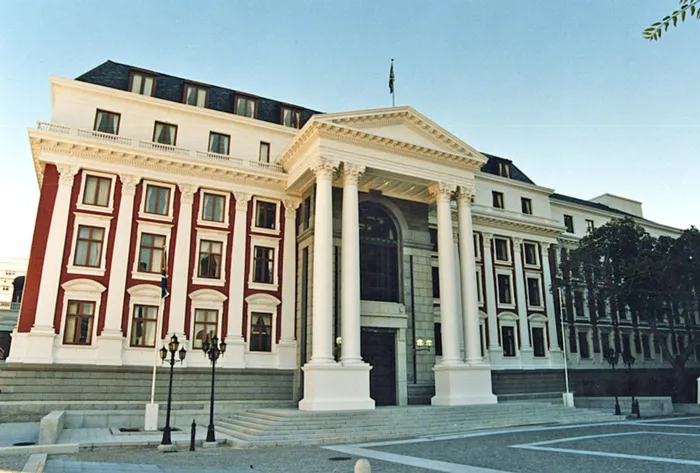Fraud task team fails basic targets

File photo File photo
Cape Town - Members of the government’s Anti-Corruption Task Team (ACTT) came in for a mauling in a meeting with Parliament’s standing committee on public accounts (Scopa) on Wednesday when it emerged that efforts to fight corruption were poorly co-ordinated and that targets set for the team were too low relative to the scale of the problem.
Hawks head Lieutenant-General Mthandazo Ntlemeza, who co-chairs the team, appeared out of his depth when asked for specifics on its work, requiring notes from colleagues before he could list all the government agencies involved and initially saying that there were no cases pertaining to state-owned entities, before being corrected by a subordinate.
Deputy National Director for Public Prosecutions Nomgcobo Jiba became so frustrated with Ntlemeza’s answers that she asked for an adjournment so representatives of the team could determine who should answer which questions.
It was important, she said, that the information provided should be correct.
The meeting got off to a shaky start when Ntlemeza said he would only know who was missing once everyone had introduced themselves. MPs then asked which government agencies participated in the team and Ntlemeza required notes to be passed to him before he could list them.
He said the reason there were no cases relating to state-owned entities listed in the report provided to the committee might be because people in charge of the parastatals had not reported any matters to the task team.
Commercial crimes unit head Major-General Alfred Khana said the team was dealing with cases that had been reported in the media relating to Prasa, Eskom and Denel, but had understood the meeting to be about corruption in government departments.
He was quickly corrected by Scopa chairman Themba Godi, who reminded him that the letter requesting the meeting had specified it would deal with government departments and entities.
“What you are giving us is only a quarter or half the picture,” Godi said.
Khana then agreed to provide a list of cases relating to parastatals with details of progress and the sums involved.
MPs also complained that the task team had tackled cases to the value of just R10bn since its inception in 2010, while the quantum of irregular, fruitless and wasteful expenditure identified by the auditor-general every year was about R25bn, amounting to R150bn over six years.
They were shocked to learn there were very few convictions under the Public Finance Management Act and its local government equivalent, which stipulate that the accounting officer is to be held responsible for preventing fraud and corruption.
This suggested that only the lower level offenders were being prosecuted.
“Are we convicting the clerk and leaving the accounting officer?” asked ANC MP Vincent Smith.
He asked that the task team furnish the committee with a list of all cases, progress in each, along with a list of those finalised and the names of firms and individuals convicted so they could be prevented from doing business with the state again.